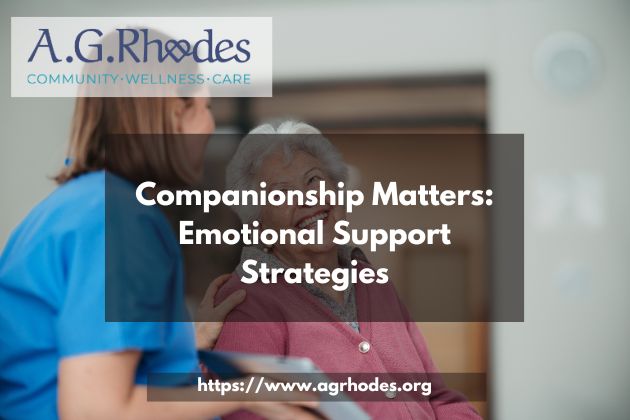
This blog post will explore the importance of companionship and offer practical strategies for building and maintaining meaningful relationships. Whether you’re struggling with loneliness or simply looking to deepen your existing connections, these tips can help you cultivate a more fulfilling social life.
The Power of Companionship
Research has shown that having strong social connections is linked to a variety of positive outcomes, including:
- Reduced stress and anxiety: Social interactions can help distract us from negative thoughts and emotions, providing a much-needed respite from stress.
- Improved mental health: Companionship can boost our self-esteem, reduce feelings of isolation, and protect against depression.
- Enhanced physical health: Studies have found that people with strong social connections are less likely to develop chronic diseases and live longer.
- Increased happiness and satisfaction: Having meaningful relationships can bring a sense of purpose and fulfillment to our lives.
Strategies for Building and Maintaining Companionship
- Prioritize Social Connections: Make time for social activities in your schedule. This could involve joining a club or group, volunteering, or simply spending time with friends and family.
- Be Open and Honest: Building strong relationships requires open and honest communication. Share your thoughts, feelings, and experiences with others.
- Active Listening: When interacting with others, practice active listening. Pay attention to what they’re saying, ask questions, and show genuine interest.
- Offer Support: Be there for your friends and family when they need you. A listening ear and a kind word can go a long way in strengthening your relationships.
- Join Groups or Clubs: Participating in groups or clubs can help you meet new people who share your interests. This can be a great way to expand your social circle.
- Volunteer Your Time: Volunteering is a rewarding way to meet new people and make a positive impact on your community.
- Use Technology Wisely: While technology can sometimes isolate us, it can also be a tool for connecting with others. Use social media and online forums to connect with like-minded individuals.
- Take Care of Yourself: Your mental and emotional health is important for building and maintaining relationships. Make sure you’re taking care of yourself by getting enough sleep, eating healthy, and exercising regularly.
Overcoming Loneliness
If you’re struggling with loneliness, there are steps you can take to improve your situation. Here are a few tips:
- Challenge Negative Thoughts: If you find yourself thinking negative thoughts about yourself or your social life, challenge them. Replace negative thoughts with positive affirmations.
- Seek Professional Help: If you’re experiencing severe loneliness or depression, consider seeking professional help from a therapist or counselor.
- Join a Support Group: Connecting with others who are experiencing similar challenges can be a source of comfort and support.
Conclusion
Companionship is essential for our mental and emotional well-being. By prioritizing social connections, practicing open and honest communication, and taking care of ourselves, we can cultivate fulfilling relationships and improve our quality of life. Remember, you’re not alone. There are people out there who care about you and want to connect with you.

